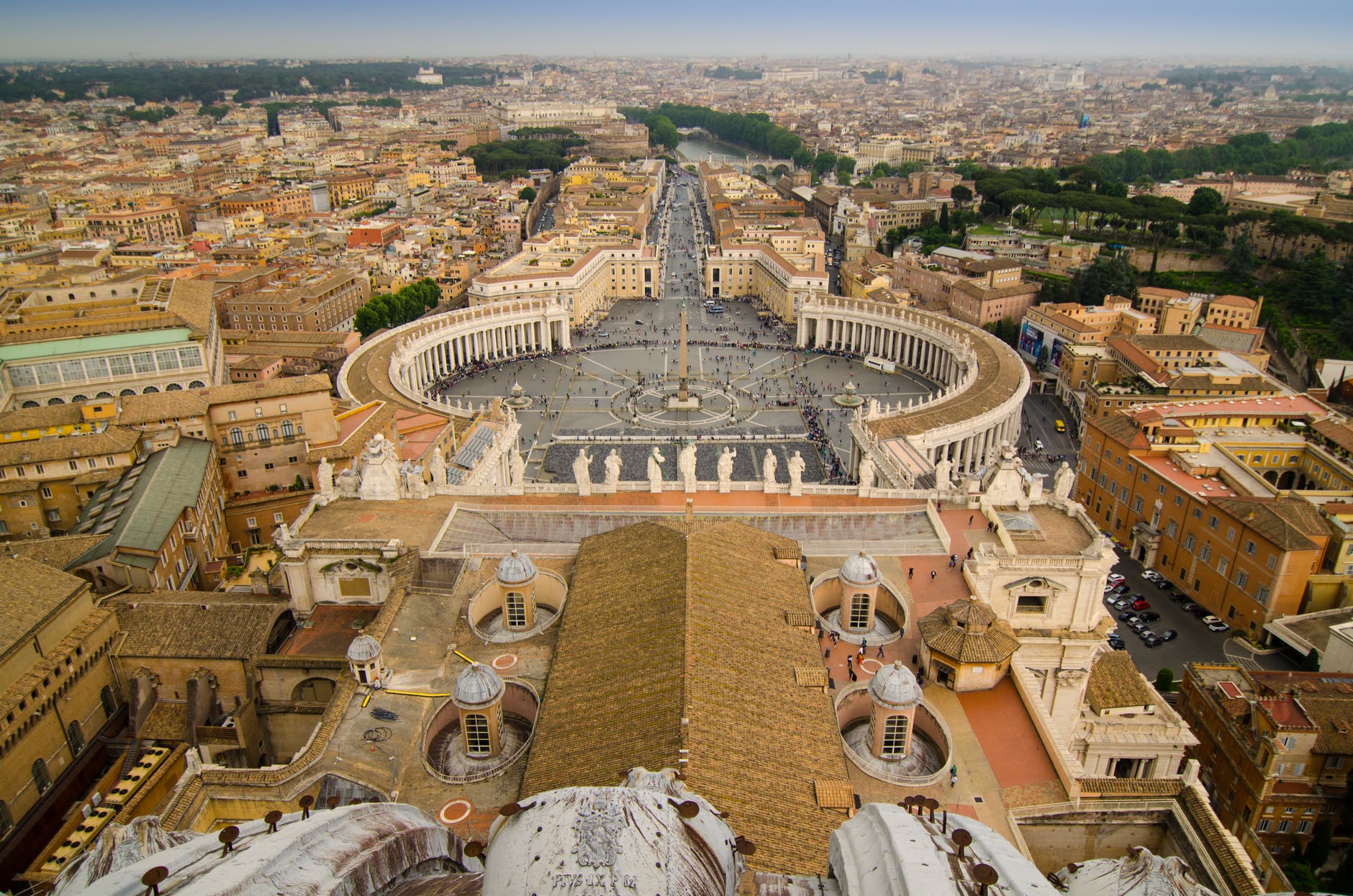Mike Pompeo will visit the Vatican to protest against the imminent renewal of a deal between the Catholic church and China, which the US secretary of state claims endangers its moral authority.
Pope Francis has reportedly declined to meet Pompeo during his visit this week, citing the closeness of the US election. However, such a move is likely to be linked to Pompeo’s recent attacks on the Vatican’s perceived soft-pedalling on China’s human rights record as the two sides prepare to extend a historic agreement signed two years ago.
The details of the deal have never been made public, but it gave the Vatican a say in the appointment of Catholic bishops in China. Pope Francis also recognised eight bishops that had been appointed by Beijing without his approval.
In the past two years, two new bishops have been appointed in China after consultation with the Vatican, and Chinese and Vatican officials met publicly for the first time in seven decades.
Critics claimed the deal was a betrayal of millions of Chinese Catholics, most of whom worship in unregistered churches at enormous personal risk, and would cause irreparable damage to the church’s credibility. “They’re [sending] the flock into the mouths of the wolves,” Cardinal Joseph Zen, the former archbishop of Hong Kong, said at the time.
Since the rapprochement with China, Pope Francis has been notably silent on the country’s violations of human rights. Despite advocating for marginalised and oppressed people all over the world, Francis has failed to use his voice to highlight the incarceration of at least a million Uighurs and other Muslims in prison camps, where they are reported to face starvation, torture, murder, sexual violence, slave labour and forced organ extraction.
Earlier this month, Pompeo, who is on a five-day tour of Greece, Turkey, Croatia and Italy, said the Catholic church should deploy its moral authority against the Chinese Communist party’s crackdowns on religious worship.
The criticism is part of a broader pattern of US attacks on China during Donald Trump’s presidency as relations between the superpowers have reached their lowest point for decades. At the UN general assembly this month, Trump accused China of “unleashing this plague onto the world”, referring to the Covid-19 pandemic.
In an article in First Things, a US conservative Catholic magazine, Pompeo wrote: “The Holy See has a unique capacity and duty to focus the world’s attention on human rights violations, especially those perpetrated by totalitarian regimes like Beijing’s. In the late 20th century, the church’s power of moral witness helped inspire those who liberated central and eastern Europe from communism, and those who challenged autocratic and authoritarian regimes in Latin America and East Asia.
“That same power of moral witness should be deployed today with respect to the Chinese Communist party … What the church teaches the world about religious freedom and solidarity should now be forcefully and persistently conveyed by the Vatican in the face of the Chinese Communist party’s relentless efforts to bend all religious communities to the will of the party and its totalitarian program.”
On Twitter he said the party’s “abuse of the faithful has only gotten worse” since the deal was signed. “The Vatican endangers its moral authority, should it renew the deal.”
Pompeo is expected to meet Cardinal Pietro Parolin, the Holy See’s secretary of state, and the archbishop Paul Gallagher, secretary for relations with states.
China’s president, Xi Jinping, has pledged to “Sinicise” all religious practise, insisting that it must be “Chinese in orientation”, with the government providing “active guidance to religions”.
Catholicism is a relatively minor religion in China, with an estimated 10-12 million adherents out of a population of 1.4 billion. Catholics are supposed to worship only in churches approved by the state, but many attend unregistered churches under the authority of bishops who are not recognised by the Chinese authorities.
The extension to the Vatican-China deal is expected to be signed next month.














